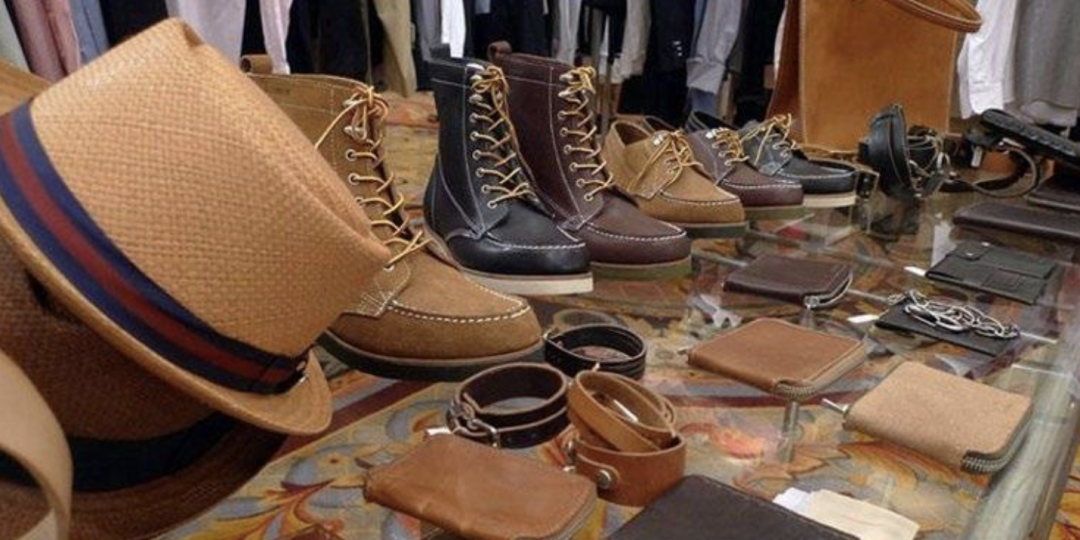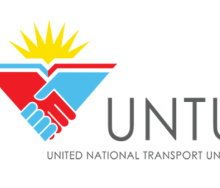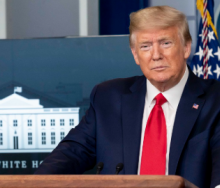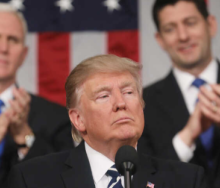With the international market increasingly welcoming Ethiopian leather products to its shores, the country’s exporters are looking to government for support and assistance in their efforts to further penetrate the global market.
Speaking to the Ethiopia Press Agency (EPA), Kabana Design chief executive Semhal Guesh said the leather market had seen a remarkable improvement post the Covid-19 pandemic.
“Ethiopian leather products have significant customers internationally, but there are some challenges such as the lack of quality leather materials, accessories and zippers for the leather bags we make,” she said.
To give impetus to the industry, Guesh suggested that the government should either provide accessories free of charge or enable local manufacturers to produce them so as to save costs and address Ethiopia’s shortage of foreign currency.
This would enable the country to provide high-quality leather products to the international market and earn foreign currency, she noted.
Kabana Design manufactures leather bags and shoes for international markets, particularly the United States and Europe.
“Leather on its own does not make up a bag: it needs additional accessories and zippers to become a finished product,” explained Guesh. “We could not find accessories in the domestic market; that’s why we are importing inputs from abroad.”
She said the industry was fully behind Ethiopia’s plan to become a middle-income country by 2025 through contributing to national GDP, job creation and poverty alleviation efforts.
Ethiopia Tadesse, marketing manager of Ethio-Leather Industry, agrees that there are great opportunities to promote and sell Ethiopian leather products as they continue to gain acceptance internationally.
“We have been exporting leather products such as shoes, bags, garments, jackets and other items to Asian, African, European and American countries, as well as to China and Indonesia, for the past 70 years,” she said.
Ethiopia added that the government should support the local leather industry by addressing challenges related to quality issues, accessories and foreign currency shortages.













